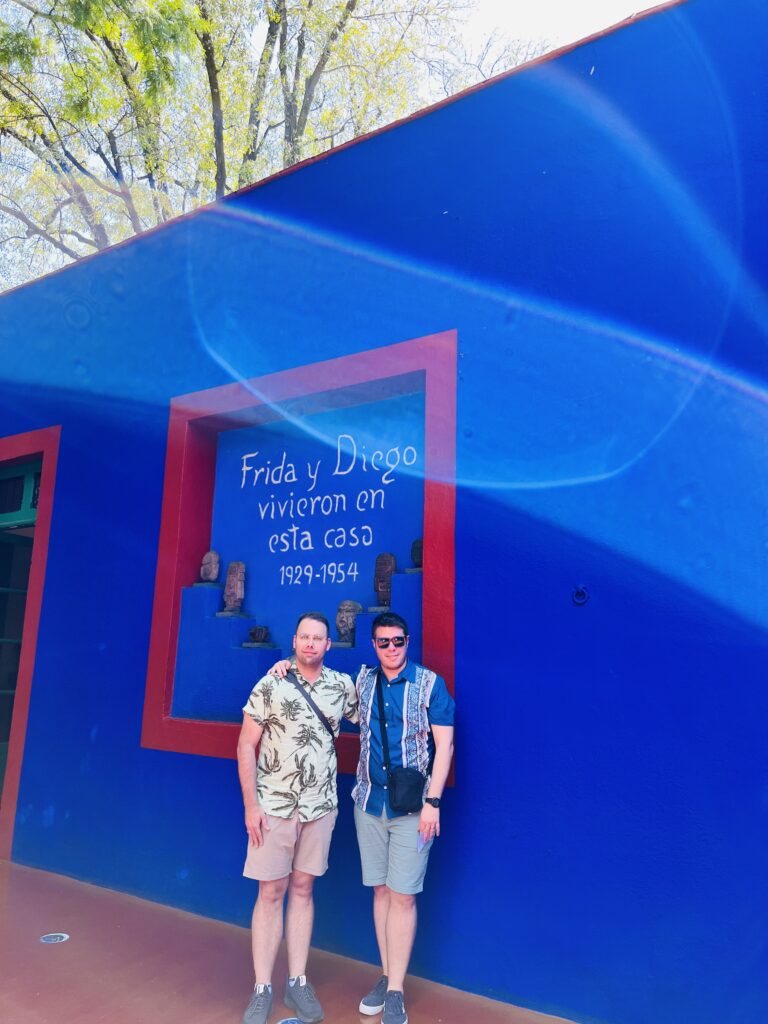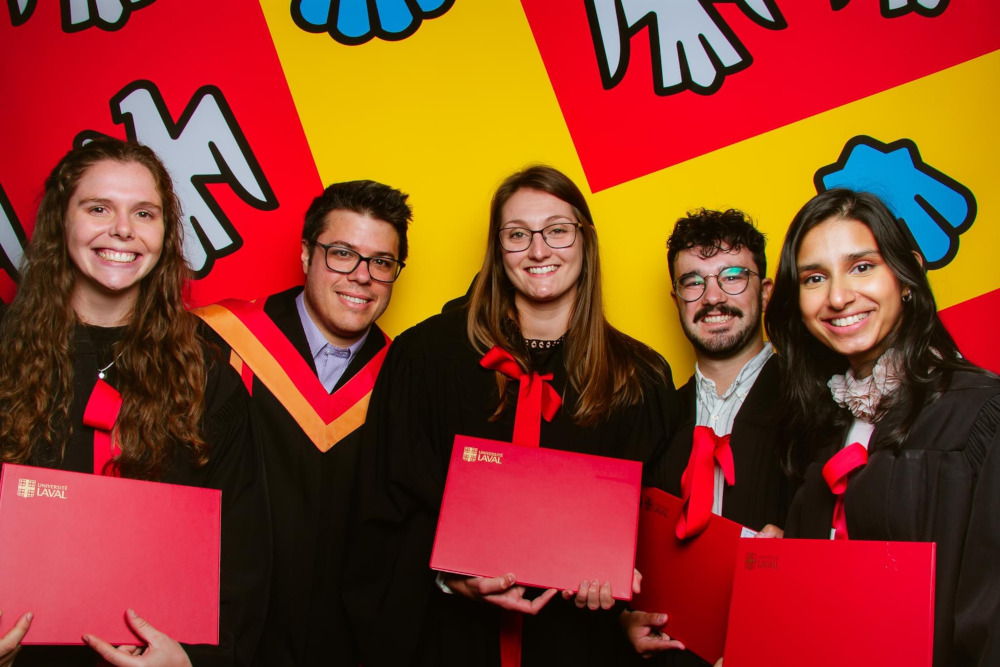Edel Pérez-López’s career journey in plant breeding has taken him through three different countries, multiple academic pursuits, and is what has cemented his dedication to fostering diversity and inclusion in the field of plant science who understands that the #RiseAndGrind mentality isn’t always the healthiest way to approach one’s work.
“I always emphasize the importance of maintaining a work-life balance and encourage my students to avoid weekend work whenever possible,” the 36-year-old associate professor of phytopathology at Laval University says.
He came to Canada from his birth country of Cuba in 2015 for a six-month internship, then returned to Mexico to finish his PhD. After that, he moved to the United States for a year and finally settled in Canada in 2018.
“My grandfather on my father’s side had a farm, and my grandfather on my mother’s side was an irrigation specialist. That early exposure to agriculture in Cuba ignited my passion for plant science and laid the foundation for his current research interests.”
He currently has five PhD students, one master’s student, three postdocs, and two lab techs. His commitment to mentoring the next generation of scientists is evident, as he guides them through their own research endeavours.
His groundbreaking work on clubroot disease has allowed he and his team to sequence the genome for Plasmodia brassicae, the clubroot pathogen. It’s the first complete genome available worldwide.
His second area of focus involves leafhoppers and their potential as markers of climate change. Pérez-López’s recent publication on using leafhoppers as indicators of climate change demonstrates his commitment to interdisciplinary research. He highlights the significance of this work in understanding the impact of climate change on insect populations.

As a mentor and advocate for diversity, Pérez-López offers valuable advice to aspiring plant scientists.
“Number one, you have to be curious all the time. Curiosity is really important,” he states. Emphasizing hard work and collaboration, he adds. ” I don’t consider myself a brilliant person. I just work hard. You have to do the work.”
Pérez-López is also active in his advocacy for the LGBTQ+ community in the research community. As a co-founder of the online community Pride in Microbiology, he actively promotes representation and recognition within academic circles.
“One of the driving factors behind my involvement was my experience as an undergraduate in Cuba, where I witnessed firsthand the challenges faced by LGBTQ+ students in finding supervisors due to the prevailing homophobia,” he says.
“While my own resilience shielded me from the negative impact, I recognized that not everyone possesses the same level of fortitude. I wanted to demonstrate that it’s possible to thrive in academia regardless of sexual orientation and to advocate for those who might otherwise be discouraged from pursuing their dreams.”
Contrary to the belief that only scientific merit matters, he’s come to understand the significance of representation in decision-making processes such as hiring committees. People naturally gravitate towards those who resemble or think like them, which inadvertently perpetuates biases, he adds.
“As someone now involved in faculty hiring, I’ve observed firsthand how these biases operate and the importance of actively diversifying such committees to ensure fair representation.”













